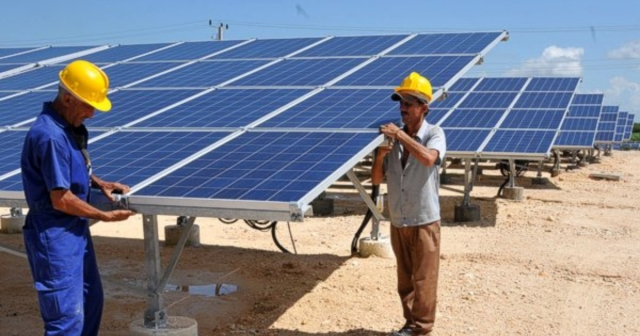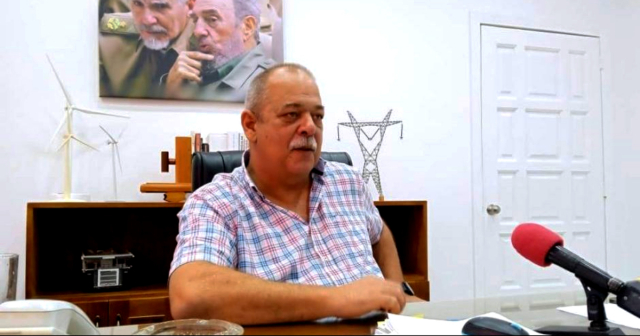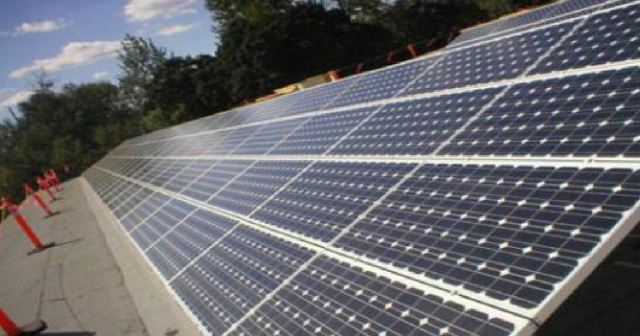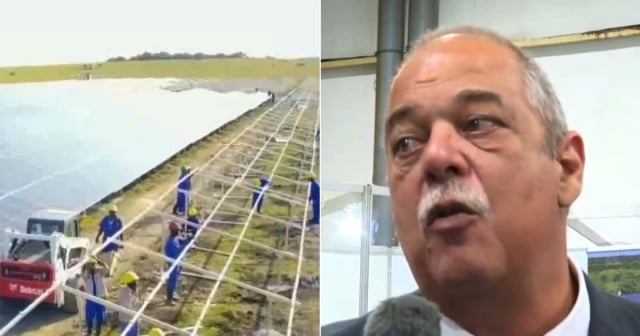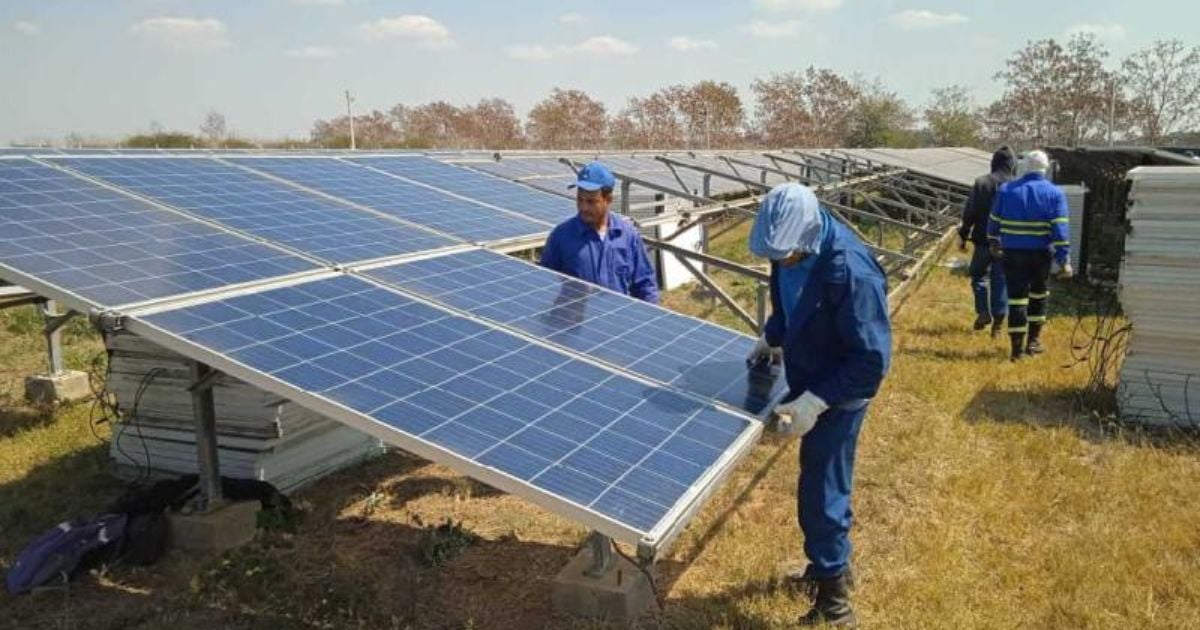
Amid one of the most significant energy crises in recent decades, the Cuban regime offers the "hope" of eliminating daytime blackouts by 2026 through the use of solar energy.
The Director of Energy Policy and Strategy at the Ministry of Energy and Mines, Ramsés Montes Calzadilla, detailed to the state newspaper Granma that a megaproject generating 2,000 megawatts (MW) from solar energy, along with a battery storage system, will provide an average of 1,400 MW at noon.
According to the official, this progress would ensure the cessation of daytime blackouts and reduce fossil fuel consumption by 832,000 tons annually.
The plan, which also aims to reduce energy consumption by 48% and limit fuel imports to one-fifth of current levels, is part of the National Strategy for Energy Transition.
According to Montes, this project is built on three pillars: renewable energy sources (RES), the electrification of transportation, and technologies such as induction stoves and biomass boilers.
The regime asserts that these changes are essential to achieve energy security, sufficiency, and sovereignty, while reducing costs and generating a positive environmental impact.
However, the announcement comes in a context characterized by a severe economic crisis, frequent power outages, and a sustained deterioration of the national electrical infrastructure, raising questions about the actual viability of the project.
Recently, an executive from a Chinese company that distributes solar technology in Cuba and is participating in the Havana International Fair stated that this type of energy is the long-awaited solution for the country, which has faced an unprecedented energy crisis in recent years.
Qiaoming Huang, president of Hangzhou Duojia Technology Co. Ltd, stated to the Reuters news agency: “We believe that solar panels are the ultimate solution in this country, which has abundant sunshine, to address the changes in the energy matrix.”
Last April, Havana reached an agreement with China to promote the use of solar energy in its electrical grid, although neither government provided details on how the project would be financed.
However, months later, the Cuban regime announced its plans to generate 2,000 megawatts (MW) of solar energy by 2028, with the first half of 1,000 MW scheduled to begin operations in the summer of 2025 and the remainder in 2028.
In September, the Minister of Energy and Mines, Vicente de la O Levy, announced the completion of the delivery of two large solar photovoltaic parks, each with a capacity of 21 megawatts (MW), as part of the government's strategy to achieve "energy sovereignty."
In a context marked by severe blackouts in Cuba, the director of the Electric Union of Cuba, Alfredo López Valdés, suggested that citizens consider purchasing solar panels as an alternative to become independent from the national power grid.
Filed under:

